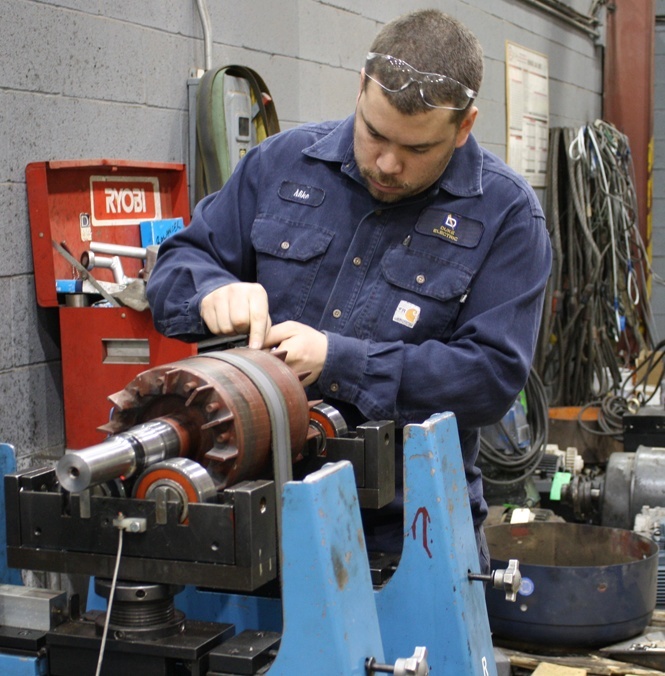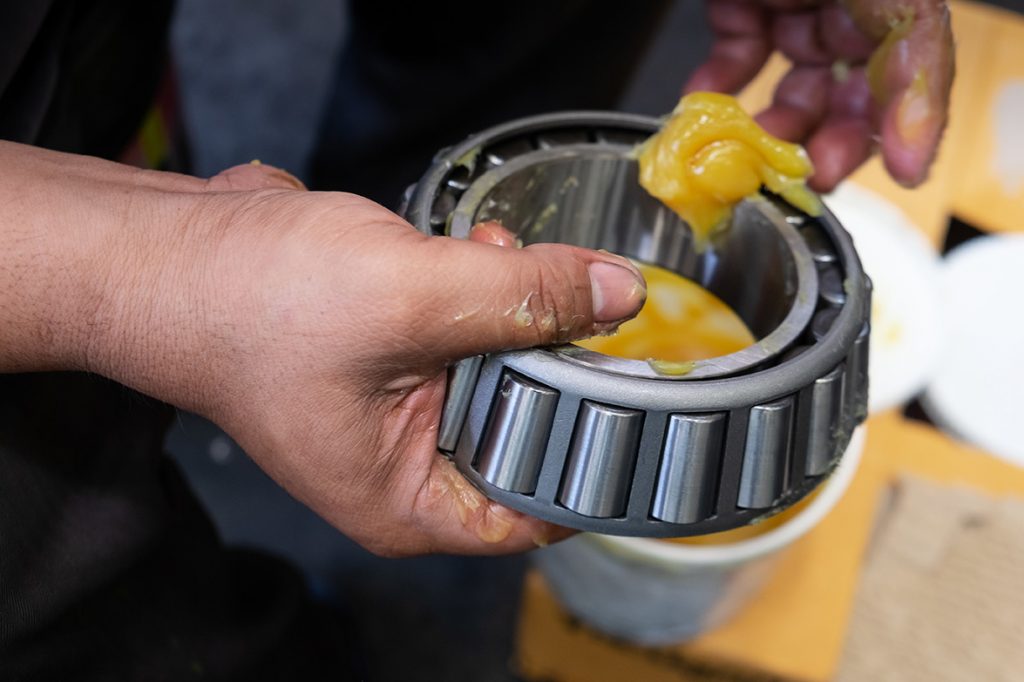Induction Motors: What Are They, How Do They Work, and How Are They Used? October 15, 2021
Induction motors sound complicated, like something that powers a massive piece of machinery. In fact, induction motors are ubiquitous in daily life processes. You can find them in air conditioners, refrigerators, automobiles, air compressors and more. But what are they, and how do they work? Put your thinking cap on; a little explanation is required.
What’s an induction motor?
Induction motors are electric motors that use alternating current (AC), propelled by a magnetic field that rotates. They are made up of a rotor, a stator and coils that convert electrical energy into mechanical energy using electromagnetic induction. AC induction motors are highly efficient and flexible, and relatively simple in design, which allows them to match the load demand for almost any electrical application.
A stator is an outer, non-moving chamber in which the rotor spins. It is formed by a ring of electromagnets designed as a cylinder to produce a rotating magnetic field. Copper wire wound throughout the cylinder’s interior creates magnetic poles, with one pole of each magnet facing towards the center. When alternating current flows through these wire coils, they form a pair of alternating poles. The alternating poles create an alternating magnetic field that rotates with unified strength.
A rotor also consists of a group of electromagnets arranged around a cylinder, and it is housed inside the stator. The magnet fields activated within the rotor are attracted to the magnetic field produced by the stator. Hence why the magnetic field induced in the stator induces a magnetic field in the rotor.
We follow our own advice when transporting motors.
Who invented the induction motor?
Nikola Tesla is credited with the invention of the induction motor, dating back over 100 years. He was only 21 years old when he realized that there must be a better way to create more efficient and reliable motors, as the existing ones were costly and not very powerful. Did you know that the power generators at Niagara Falls are based entirely on Tesla’s invention? And to this day, Tesla’s patented AC motor system is still used in most electric motors.
Types of induction motors and their applications
Induction motors are categorized into two main types: single-phase and three-phase induction motors. And there are further classifications based on their way of starting.
Single-phase induction motors
The single-phase induction motor is not self-starting. A single-phase AC current supplies the primary winding and produces a pulsating magnetic field. These motors are designed to operate from single-phase supply and are manufactured in large quantities for use in homes, offices, factories, etc. There are four types of single-phase induction motors:
- Split phase induction motor
- Capacitor-start induction motor
- Capacitor-run induction motor
- Shaded pole induction motor
Applications of single-phase induction motors
Single-phase induction motors are used more widely than the three-phase system for domestic, commercial, and sometimes industrial purposes. Single-phase induction motors are favoured because the single-phase system is more economical, and the power demand load is lower in these environments.
- Pumps
- Compressors
- Small fans
- Mixers
- Toys
- High-speed vacuums
- Electric shavers
- Drilling machines
Three-phase induction motors
Three-phase induction motors are self-starting, so they require no starting device like single-phase motors. In a three-phase system, three wires provide the same voltage, but each phase is ramped up. The three-phase induction motor converts electrical energy into mechanical energy. The two types of three-phase induction motors are:
- Squirrel cage motors
- Slip ring motors
Applications of three-phase induction motors
Three-phase induction motors are used for commercial and industrial purposes, ideal for higher-power applications.
- Lifts
- Cranes
- Hoists
- Large exhaust fans
- Lathe machines
- Crushers
- Oil extracting mills
- Textiles
- Commercial electric and hybrid vehicles
So, we’ve covered the very technical basics of induction motors. But did you know you have to take good care of your induction motors to keep them healthy and in working order?
Learn more about what happens when you don’t grease your industrial motor.
And after that, read up on how to keep your industrial motor healthy!







